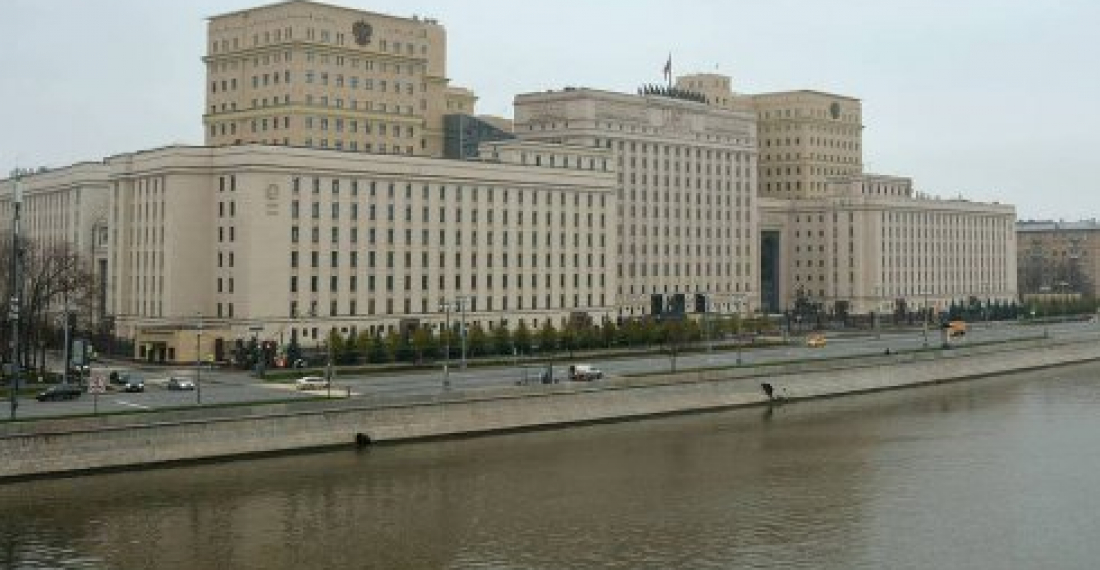On the eve of an emergency summit between president Putin of Russia and president Erdogan of Turkey, the Russian Ministry of Defence has slammed Turkey for its actions in Idlib, an indication of the extent relations between the two countrties have worsened. On Wednesdasy (3 March) the official spokesman for the Russian Defense Ministry Igor Konashenkov told reporters that observation posts of the Turkish forces in Syria's Idlib de-escalation zone were located in the fortified areas of terrorist groups and practically merged with them.
related content on commonspace.eu: Turkey relearns an old lesson
Konashenkov reminded that in accordance with the Sochi agreements from September 2018, Turkey pledged to oust terrorists with their heavy artillery for 15-20 km from the Idlib zone. However, instead, terrorist groups Hayat Tahrir al-Sham (also known as Jebhat al-Nusra, banned in Russia), Islamic Party of Turkestan (banned in Russia) and Hurras al-Din have been ousting militants from the "moderate opposition" to the Turkish border in the north for the last 18 months, he added.
"Fortified areas of terrorists have practically merged with Turkish observation posts set up in accordance with the agreement," Konashenkov noted.
The Russian MOD spokesman also said that the Russian air base in Hmeymim and Syrian cities have been subjected to daily shellings by militants because Turkey had not fulfilled its commitments on establishing a demilitarized area in the Idlib de-escalation zone. "Attacks and massive artillery shellings of neighboring peaceful settlements and of the Russian air base Hmeymim have turned from sporadic into daily," Konashenkov said.
Turkey has already transferred to Syria's Idlib de-escalation zone forces as large as a mechanized division "but the West prefers not to notice Ankara's open violation of international law", Konashenkov told reporters.
A meeting between the Russian and Turkish presidents is scheduled to be held on Thursday (5 March), following a crisis in relations after 34 Turkish soldiers were killed in Idlib last week, triggering a national outrage in Turkey
Also ahead of the meeting, the leader of Turkey's opposition CHP Kemal Kılıçdaroğlu demanded that Erdogan asks Putin four questions when he meets him: Kilicdaroglu
"First question, why did you martyr our soldiers despite that we informed you about the troops' whereabouts? Second question, why did you attack the second time even though we warned you after the first one," Kilicdaroglu said. The Turkish opposition leader also said that he wants Erdoğan to ask Putin why they "did not allow the choppers to bring the martyrs and wounded to Turkey?" "Fourth question, according to the law of war, the ambulances carrying the injured will not be hit. Why did you hit the ambulances?" he said.
source: commonspace.eu with TASS, Moscow and agencies)
Photo: The Ministry of defence building in Moscow. (archive picture)






